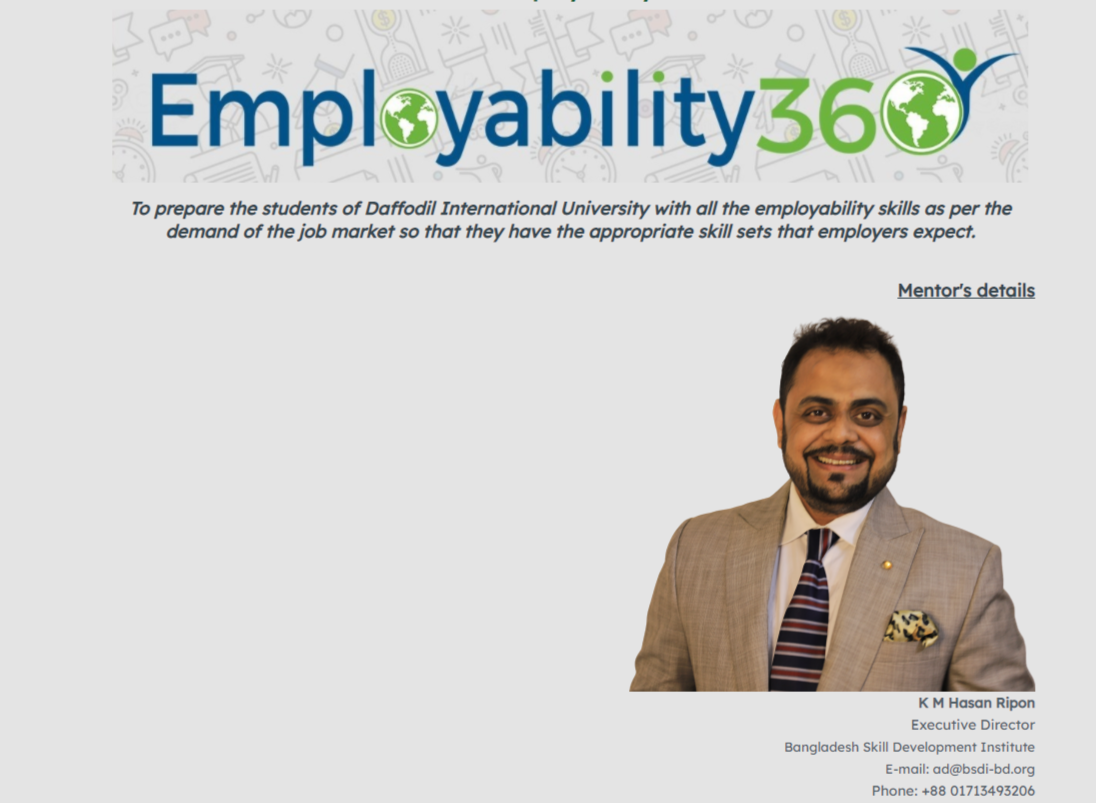

FREE
Updated
21 Jun 2022
Lessons
26
Enrolled
4
Language
English (en)
Skill Level
Beginner
Course Overview
Course Content
Loading...
Latest Courses
21 Lessons
Updated: Jul 2025
CSE Summer 2025
21 Lessons
Updated: Jul 2025
CSE Summer 2025
21 Lessons
Updated: Jul 2025
CSE Summer 2025
22 Lessons
Updated: Jul 2025
13 Lessons
Updated: Jan 2025
CSE Summer 2025
16 Lessons
Updated: Jul 2025
CSE Summer 2025
16 Lessons
Updated: Jul 2025
CSE Summer 2025
21 Lessons
Updated: Jul 2025
CSE Summer 2025
20 Lessons
Updated: Jul 2025
CSE Summer 2025
26 Lessons
Updated: Jul 2025
CSE Summer 2025
18 Lessons
Updated: Jul 2025
ESDM Summer 2025
22 Lessons
Updated: Jul 2025
